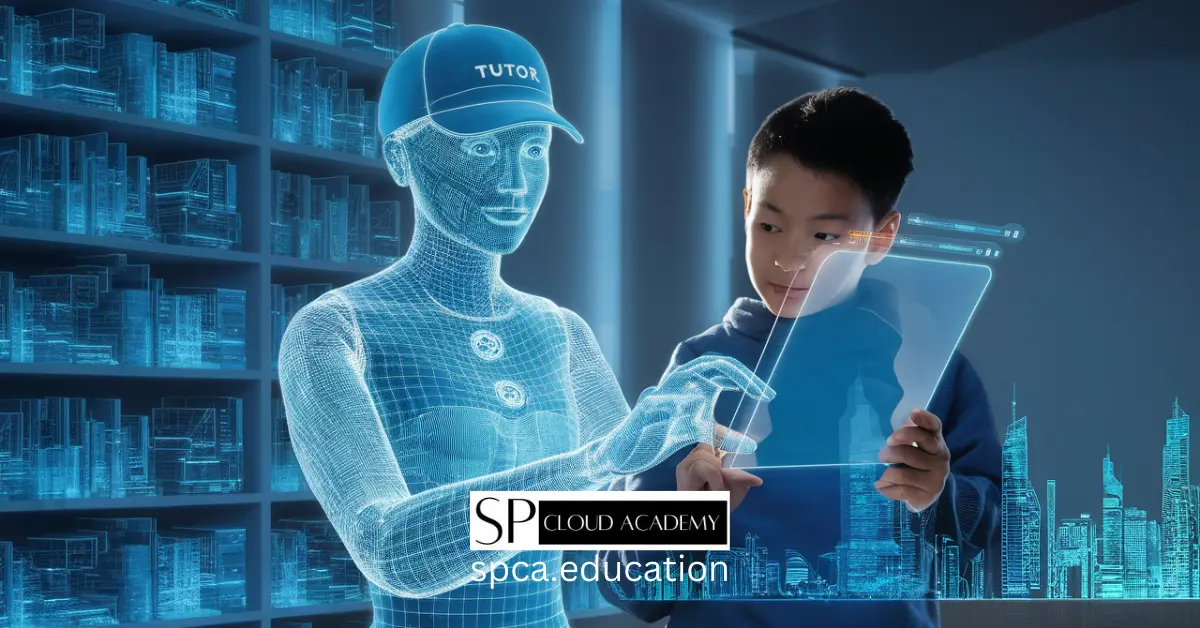Introduction
In today’s fast-paced world, education is evolving rapidly, and personalized AI tutoring tools are at the forefront of this transformation. These innovative platforms use artificial intelligence to tailor learning experiences to individual needs, making education more accessible, engaging, and effective. Whether you’re a student struggling with math concepts or a professional upskilling in a new field, personalized AI tutoring tools offer smarter learning solutions that adapt to your pace and style.
Imagine having a tutor available 24/7, one that remembers your strengths and weaknesses, provides instant feedback, and adjusts lessons in real-time. That’s the promise of AI in education. As we dive into 2025, these tools are not just supplements; they’re revolutionizing how we learn. From K-12 students to lifelong learners, personalized AI tutoring is bridging gaps in traditional education systems.
This article explores what these tools are, their benefits, how they work, and a curated list of the top 10 options. We’ll cover features, pros, cons, and official links to help you choose the right one. With rising demand for customized education, personalized AI tutoring tools are key to unlocking smarter learning for everyone.
What Are Personalized AI Tutoring Tools?
Personalized AI tutoring tools are software platforms powered by artificial intelligence that deliver customized educational support. Unlike generic online courses, these tools analyze a learner’s performance, preferences, and progress to create tailored lesson plans. They act like virtual tutors, offering explanations, quizzes, and feedback on demand.
At their core, these tools use machine learning algorithms to adapt content. For example, if a student excels in algebra but struggles with geometry, the AI prioritizes weaker areas while reinforcing strengths. Many incorporate natural language processing for conversational interactions, making learning feel natural and interactive.
These tools cover various subjects, from math and science to languages and coding. They’re accessible via apps or websites, often integrating with existing educational resources. Popular among students, teachers, and professionals, personalized AI tutoring tools democratize education by providing high-quality support without the need for human tutors.
In essence, they’re the future of smarter learning, combining technology with pedagogy to make education more inclusive and efficient.
The Benefits of Personalized AI Tutoring
Personalized AI tutoring tools offer numerous advantages that enhance the learning process. First, they provide customized experiences, adapting to each user’s unique needs. This means faster progress as lessons focus on individual gaps, leading to better retention and understanding.
Accessibility is another key benefit. Available anytime, anywhere, these tools eliminate scheduling conflicts and geographical barriers. Students in remote areas or with busy schedules can learn at their convenience, promoting lifelong education.
Cost-effectiveness stands out too. Many platforms are free or affordable compared to traditional tutoring, making quality education available to more people. AI tutors also offer instant feedback, helping learners correct mistakes immediately and build confidence.
Engagement levels rise with interactive elements like quizzes, gamification, and voice interactions. This keeps users motivated, reducing dropout rates in self-paced learning.
Finally, data-driven insights help track progress, allowing educators and learners to measure improvement over time. Overall, personalized AI tutoring tools foster smarter learning by making education efficient, engaging, and equitable.
How AI Personalizes Learning Experiences
AI personalizes learning by leveraging data and algorithms to create bespoke educational journeys. It starts with assessment: tools evaluate a user’s knowledge through quizzes or interactions, identifying strengths and weaknesses.
Machine learning then analyzes this data to adapt content. For instance, if a learner struggles with a concept, the AI provides simpler explanations, additional examples, or related videos. Natural language processing enables conversational tutoring, where users ask questions in plain English, and the AI responds contextually.
Adaptive algorithms adjust difficulty in real-time. As performance improves, challenges increase to prevent boredom. Some tools use predictive analytics to foresee potential stumbling blocks and preemptively address them.
Integration with multimedia—images, videos, and simulations—caters to different learning styles, like visual or auditory preferences. Progress tracking generates reports, helping users and educators refine strategies.
In short, AI turns generic education into smarter learning by making it dynamic, responsive, and user-centered.
Top 10 Personalized AI Tutoring Tools: An Overview
To help you navigate the growing market, we’ve selected the top 10 personalized AI tutoring tools based on features, user reviews, and educational impact. Each offers unique strengths for smarter learning. Below, we detail their key aspects, including features, pros, cons, and official links. These tools span various subjects and user levels, ensuring options for everyone.
1. Khanmigo by Khan Academy
Khanmigo is an AI-powered tutor integrated with Khan Academy’s vast resources, focusing on K-12 and beyond. It uses Socratic questioning to encourage critical thinking and provides step-by-step guidance.
Key features include real-time feedback, homework help, progress tracking, and classroom tools for teachers. It covers math, science, writing, and more, adapting to user responses.
Pros: Ethical AI design, free for educators, promotes deep understanding over rote answers, safe for kids.
Cons: Limited to Khan Academy content, no voice interaction, may require account setup.
Official link: https://www.khanmigo.ai/
2. Tutor AI
Tutor AI creates custom learning paths based on user-input topics, generating modules with lessons, quizzes, and explanations. It’s ideal for self-paced study across any subject.
Features: Personalized courses, real-time progress insights, adaptive lesson plans, simplify options, and interactive Q&A.
Pros: Free basic access, flexible for lifelong learners, supports diverse topics, easy-to-use interface.
Cons: Limited queries in free plan, lacks advanced multimedia integration, may not suit group learning.
Official link: https://www.tutorai.me/
3. Socratic by Google
Socratic helps with homework by providing step-by-step explanations via text, voice, or photo inputs. It covers a wide range of subjects like math, history, and science.
Features: AI-driven answers, visual breakdowns, linked resources, and critical thinking prompts.
Pros: Completely free, quick on-the-go support, broad subject coverage, user-friendly app.
Cons: Lacks deep personalization, better for quick queries than long-term paths, requires internet.
Official link: https://socratic.org/
4. Quizlet AI
Quizlet AI enhances study with personalized flashcards, quizzes, and games that adapt to your knowledge level. It’s great for memorization-heavy subjects.
Features: AI-generated study sets, practice tests, progress tracking, and interactive modes.
Pros: Engaging gamification, free basic version, collaborative options, mobile-friendly.
Cons: Premium needed for full features, less effective for conceptual tutoring, oversimplifies complex topics.
Official link: https://quizlet.com/
5. YouLearn AI
YouLearn AI offers conversational tutoring with voice support, personalized quizzes, and progress reports for middle school to college levels.
Features: Natural Q&A, step-by-step solutions, weekly reports, voice interaction, and goal setting.
Pros: Intuitive interface, affordable pricing, great for STEM, encourages self-paced learning.
Cons: Limited offline access, narrow advanced topic depth, no group features.
Official link: https://www.youlearn.ai/
6. Cognispark AI
Cognispark AI delivers interactive, adaptive lessons with real-time feedback, focusing on academic and skill-building needs.
Features: Personalized experiences, multimedia integration, difficulty adjustment, quizzes, and content generation.
Pros: Suits diverse learners, engaging content, promotes retention.
Cons: May require premium for full access, limited to certain subjects.
Official link: https://www.cognispark.ai/
7. Coursebox AI
Coursebox AI builds custom courses and assessments, with AI tutoring for real-time help and grading.
Features: Course designer, quiz generator, mobile learning, integrations, and certificates.
Pros: Scalable for educators, flexible pricing, supports monetization.
Cons: Higher costs for enterprises, setup time needed.
Official link: https://www.coursebox.ai/
8. Mindgrasp AI
Mindgrasp AI turns uploads like videos or PDFs into summaries, flashcards, and quizzes for efficient studying.
Features: Instant notes, Q&A support, content versatility, interactive tools.
Pros: Handles various formats, time-saving, personalized aids.
Cons: Premium for unlimited use, less conversational.
Official link: https://www.mindgrasp.ai/
9. Fetchy
Fetchy assists educators and students with AI tools for lesson planning, feedback, and exam prep.
Features: Personalized paths, test simulations, analytics, and engagement tools.
Pros: Streamlines teaching, reduces anxiety, scalable.
Cons: Focused on educators, subscription-based.
Official link: https://www.fetchy.com/
10. Brainly AI
Brainly AI combines community knowledge with AI for homework solutions and study guides.
Features: Instant answers, step-by-step help, gamification, peer integration.
Pros: Large community, fun elements, covers all subjects.
Cons: Answer quality varies, not fully personalized.
Official link: https://brainly.com/
Challenges and Considerations in AI Tutoring
While promising, personalized AI tutoring tools face hurdles. Data privacy is a concern; users must ensure platforms comply with regulations like GDPR.
Accuracy can vary—AI might misinterpret queries or provide outdated info. Human oversight is often needed for complex subjects.
Equity issues arise; not everyone has access to devices or internet, widening educational gaps.
Overreliance on AI could hinder social skills or creativity developed through human interaction.
Finally, integration with curricula requires alignment to avoid mismatches. Addressing these ensures AI enhances, not replaces, traditional learning.
The Future Outlook for AI in Education
The future of personalized AI tutoring tools looks bright, with advancements in AI like multimodal learning (text, voice, AR) on the horizon. Expect deeper integrations with VR for immersive experiences and better predictive analytics for proactive support.
As AI evolves, tools will become more empathetic, detecting emotions to adjust teaching styles. Collaboration between AI and human educators will hybridize learning.
Global adoption will grow, especially in underserved areas, fostering inclusive education. However, ethical AI development remains crucial for unbiased, fair tools.
Ultimately, personalized AI tutoring will make smarter learning universal, empowering generations.
Conclusion
Personalized AI tutoring tools are reshaping education, offering tailored, efficient paths to knowledge. From Khanmigo’s ethical approach to Brainly’s community-driven help, these platforms cater to diverse needs.
As we embrace this technology, remember to balance AI with human elements for holistic growth. Explore these tools to unlock your potential in smarter learning. The future is here—start your personalized journey today.
See Also
-

Make Money While You Sleep: The Ultimate Guide to AI-Powered Passive Income
-

Microsoft Copilot Is Changing Work Forever — Here’s How It Impacts You
-

AI Agents Explained: What They Are and How They’re Revolutionizing the Future of Work
-
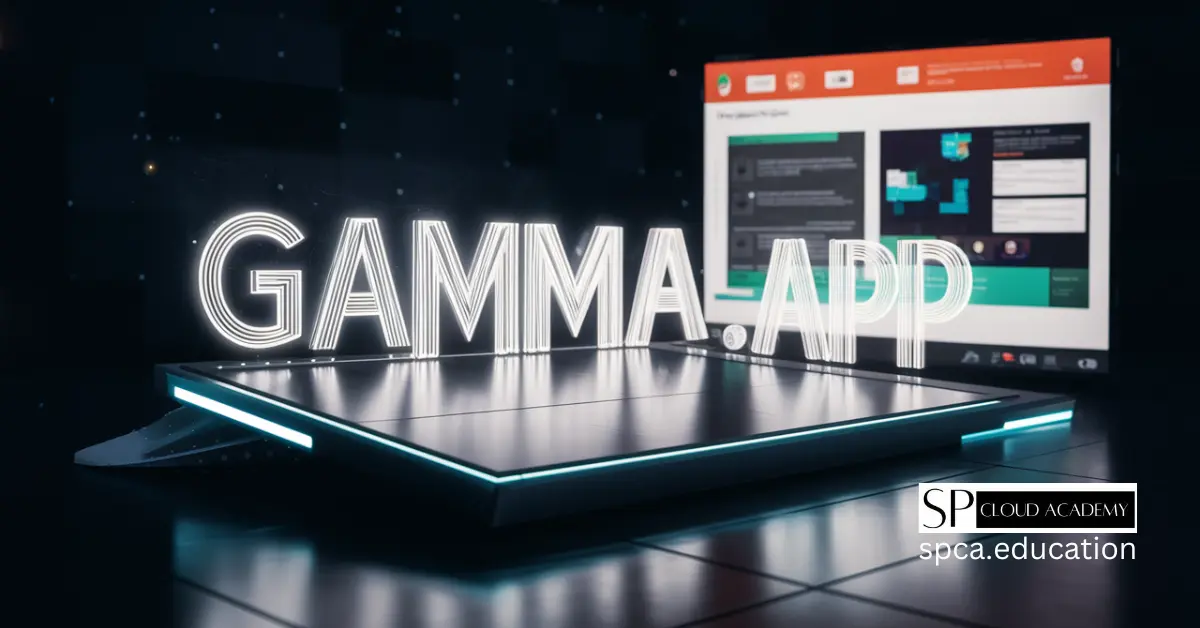
Is Gamma.app the Future of Presentations? A Brutally Honest Review
-
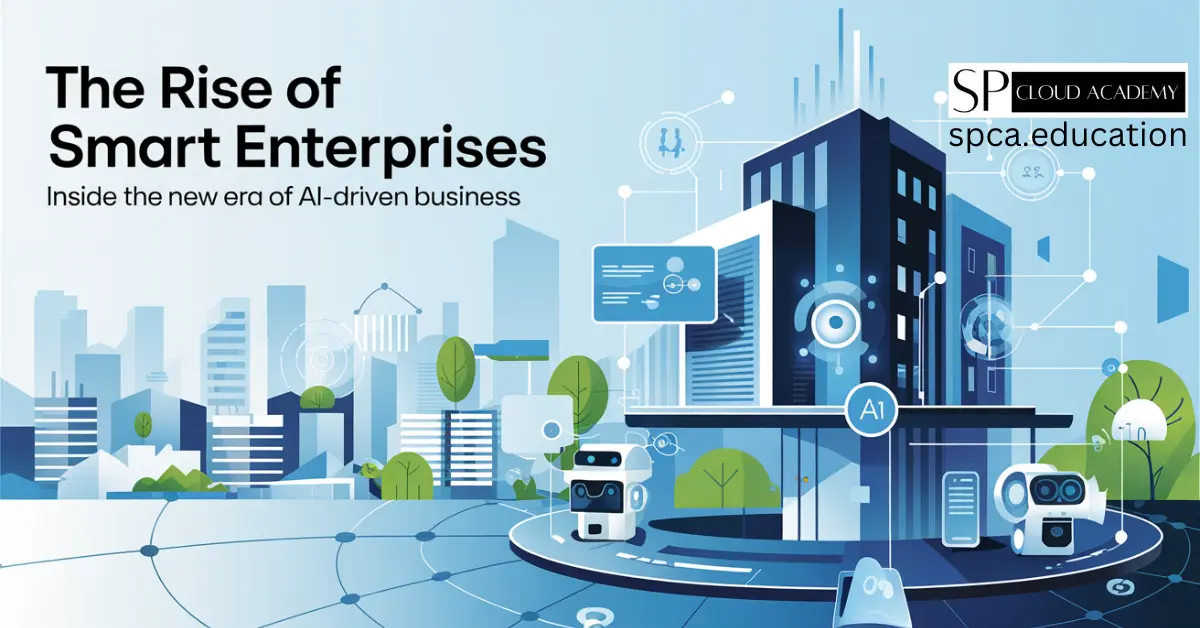
The Rise of Smart Enterprises: Inside the New Era of AI-Driven Business
-
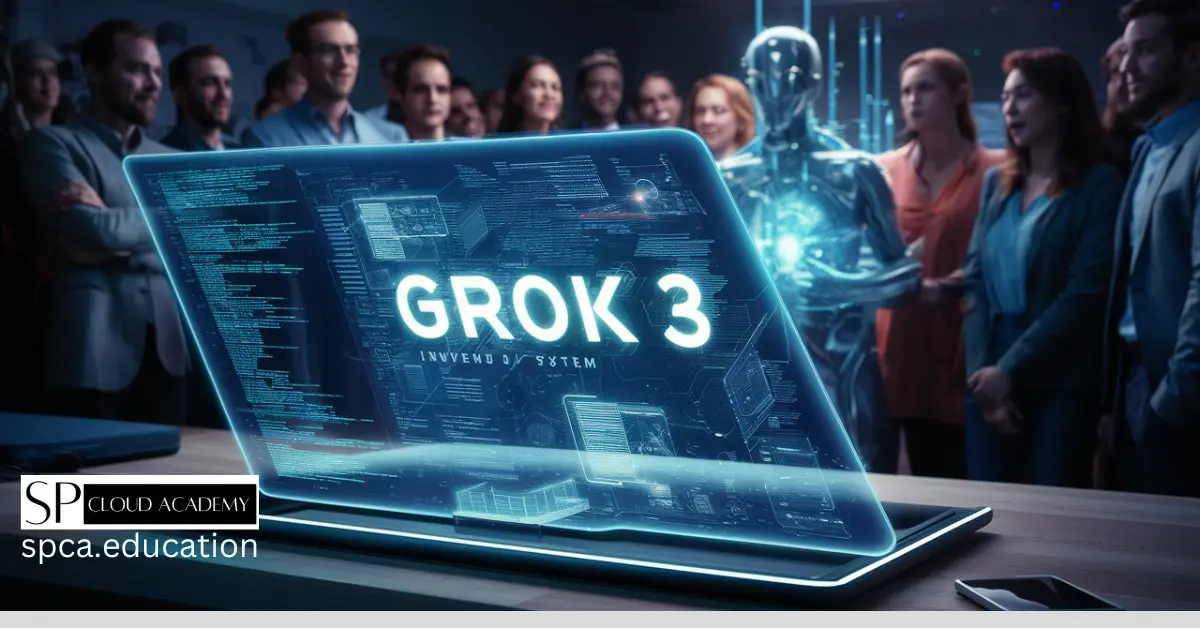
Grok 3 Unleashed: The Next AI Revolution You Can’t Ignore!
-

AI and Human Collaboration: The Future of Work, Creativity, and Innovation
-
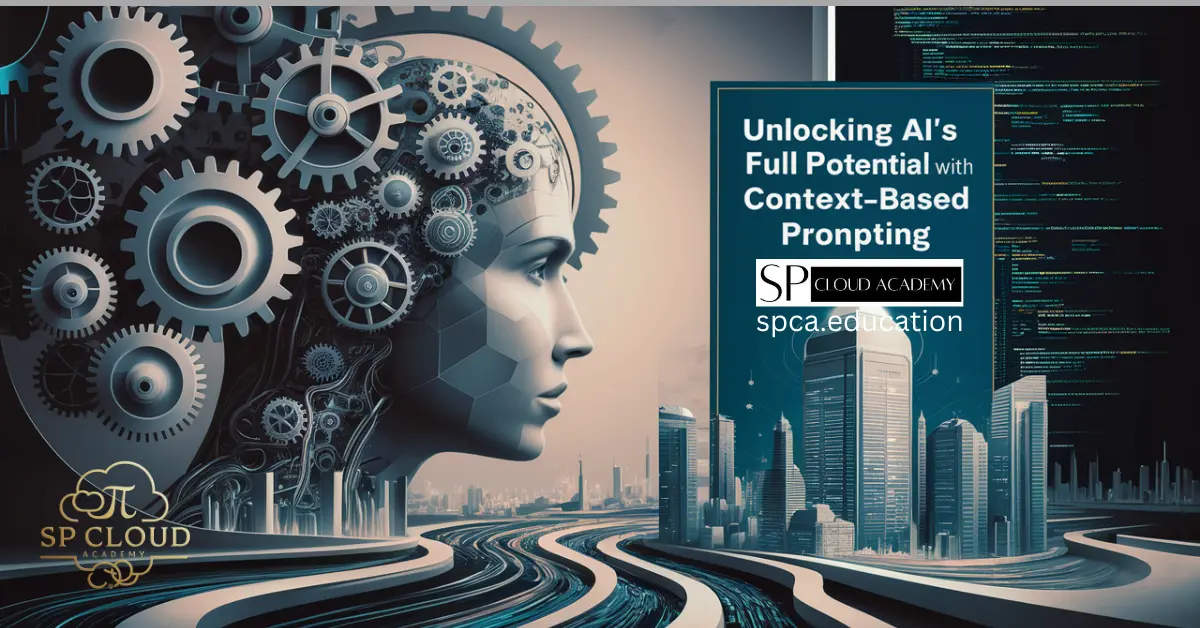
Unlocking AI’s Full Potential with Context-Based Prompting: A Complete Guide
-
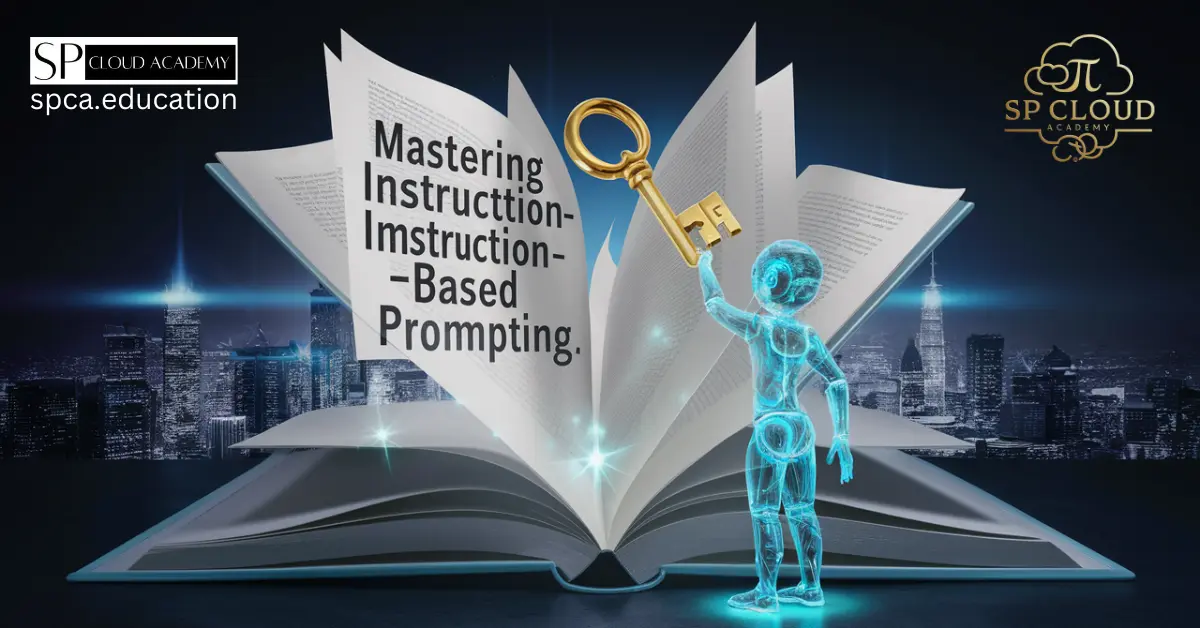
Mastering Instruction-Based Prompting: The Secret to Unlocking AI’s Full Potential
